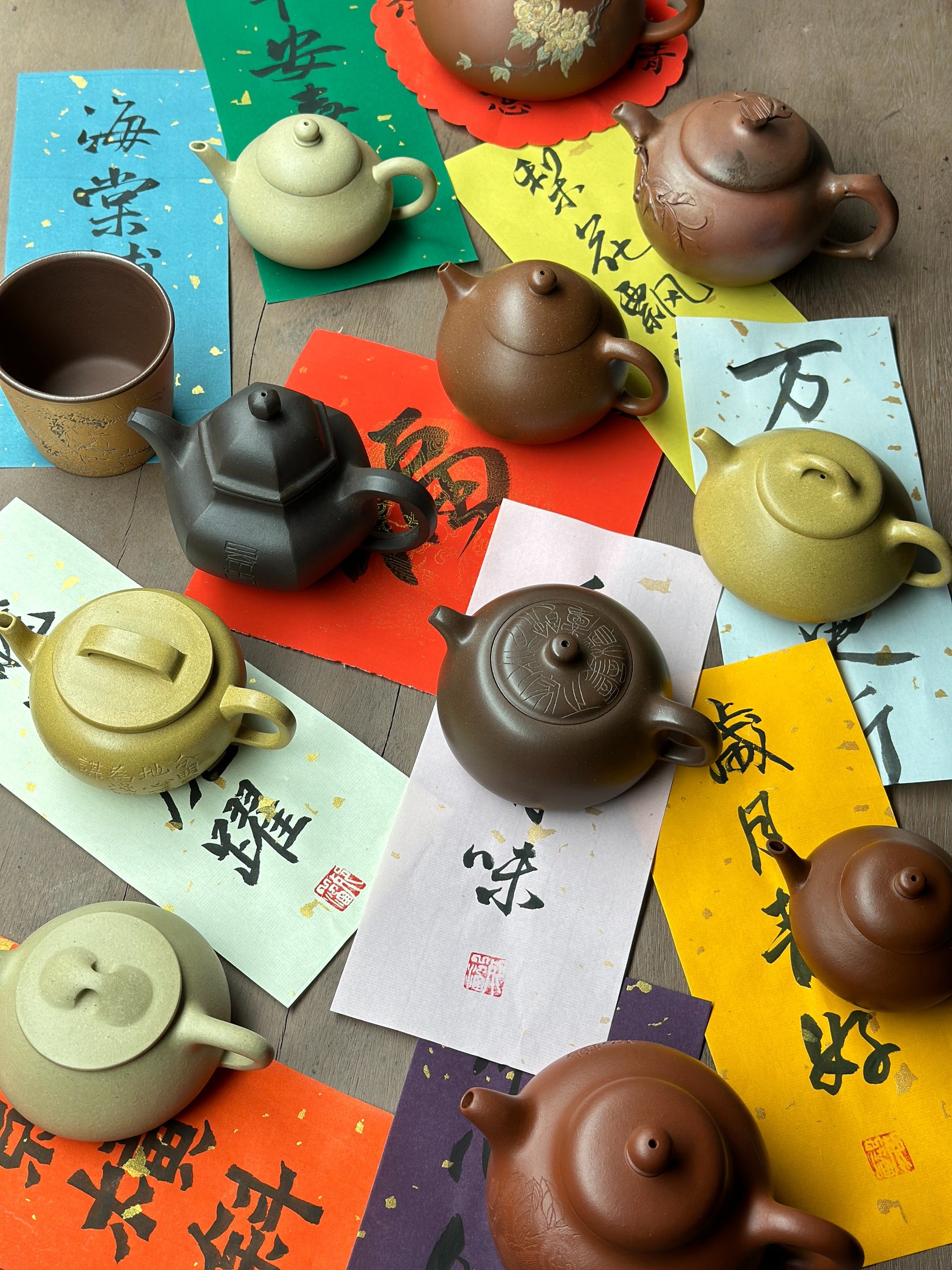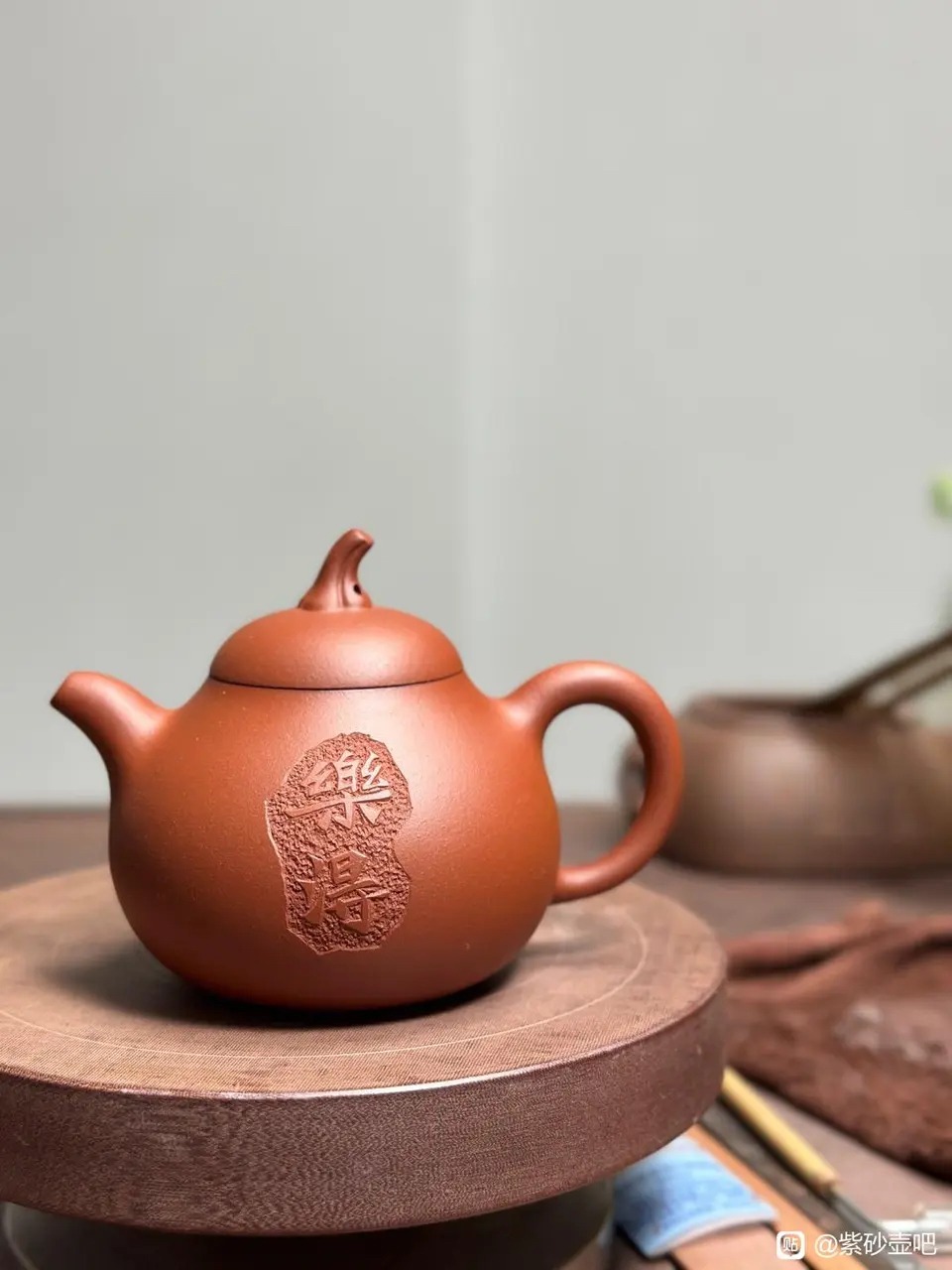Why China Esteems Tea Culture
Explore the dynamic world of tea culture in modern China. As traditional practices merge with contemporary trends like bubble tea and tea-themed cafes, the essence of tea—consistency, respect, and appreciation for nature—remains intact. Discover how tea connects generations and adapts to global interest while honoring its rich heritage. Visit our website for more insights into this captivating journey!
CHINESE TEA CULTURETEA LIFE
Let’s get this straight – tea isn't just a drink in China. It’s a way of life. You've probably seen it everywhere, heard about it, or maybe even had a cup yourself. But have you ever stopped and wondered why tea holds such a revered spot in Chinese society? Why does it matter so much to the people there? Why has it survived centuries of change and still stands strong today? In this post, I'm diving deep into the origins, philosophies, and significance of tea culture in China – and trust me, it's a lot more than just sipping a cup.
Reasons Why China Esteems Its Tea Culture
Historical Origins: Tea's Ancient Roots
So, how did tea get so important in China? Well, it all started way back in the Qin and Han dynasties. Think of it like a really old school move. Initially, tea was used for medicinal purposes – it's mentioned in books like the Shennong Bencao Jing as a cure for all sorts of ailments. Over time, people started drinking it just to enjoy it. By the time we hit the Tang Dynasty, tea became a daily thing for the masses. But here’s the kicker – it wasn’t just a drink; it became a symbol of sophistication. It was linked to scholars and artists, people who were deep thinkers and creators. Tea drinking turned into an intellectual and cultural symbol that was all about self-improvement.


Literary Significance: The Poet's Drink
I can’t stress enough how tea and literature are intertwined in Chinese history. Poets, scholars, and writers have always used tea as a backdrop for their work, often seeing it as a gateway to deeper thoughts and creativity. Drinking tea wasn’t just about the taste; it was an act of reflection and self-improvement. The rich, meditative experience of sipping tea allowed scholars to have long, profound conversations – think of it like a VIP lounge for big thinkers. Tea wasn’t just consumed, it was experienced.
Philosophical Influences: Tea Meets Zen
Tea’s significance goes beyond just the drink itself; it’s deeply rooted in Chinese philosophy. Whether it’s Confucianism, Daoism, or Zen Buddhism, tea brings together these ideas about harmony and mindfulness.
Confucianism sees tea as an act of respect. It’s about creating balance and harmony with others.
Daoism? It’s about connecting with nature and finding peace in simplicity, just like the experience of tea.
Zen Buddhism? Tea drinking connects with mindfulness – the idea that every sip can bring you into the present moment, clear your mind, and help you find inner peace.
In short, tea is more than just a drink – it’s a tool for life.
Social Interactions: Tea Brings People Together
In China, tea is more than just about the taste – it’s about connection. It’s used in everything, from family gatherings to business meetings. The concept of "tea relationships" is a big deal, emphasizing how tea brings people closer. The way people gather around a teapot is a form of respect, showing hospitality and goodwill. It’s not about rushing through it; it’s about taking time to sit, connect, and enjoy the moment. A handmade teapot? That’s next level – it’s a symbol of authenticity, tradition, and showing respect.


Modern Evolution: The Tea Revolution
Now, tea culture hasn’t stayed stuck in the past. It's evolved. Sure, you’ve got your traditional tea ceremonies and classic teahouses, but you’ve also got bubble tea and tea-themed cafes popping up everywhere. And here's the thing – even with these modern twists, the essence of tea hasn’t changed. The core values – respect, balance, and appreciation for nature – are still there. Modern tea culture in China is alive, kicking, and adapting to the world around it while staying true to its roots.
Conclusion
So, why does China esteem tea culture so much? It’s not just a drink; it’s a reflection of history, philosophy, literature, social interaction, and evolution. Tea represents a way of living that encourages mindfulness, respect, and balance in life. It's all about slowing down and appreciating what’s in front of you. Whether you’re sipping from an ancient teapot or enjoying a modern bubble tea, you’re part of a culture that’s been brewing for thousands of years. If you’re looking to dive deeper into the world of tea, there's a whole lot more to discover.
FAQs
Why is tea so important in Chinese culture? Tea is intertwined with China’s history, philosophy, and social practices. It's not just a drink but a symbol of respect, mindfulness, and intellectual pursuit.
What is the connection between tea and Chinese literature? Tea has been a muse for Chinese poets and scholars for centuries, often symbolizing reflection, creativity, and deep conversation.
Does tea drinking have any philosophical significance in China? Yes! Tea connects with several major Chinese philosophies, including Confucianism, Daoism, and Zen Buddhism, all of which focus on mindfulness, balance, and respect.
Is tea culture in China still evolving today? Absolutely. While traditional tea customs are still very much alive, modern tea trends like bubble tea and tea cafes have made it more popular and accessible to younger generations.
How can I experience Chinese tea culture? You can visit teahouses, participate in tea ceremonies, or simply start brewing your own tea with mindfulness. The experience is about more than just drinking – it’s about embracing the culture and values behind it.
